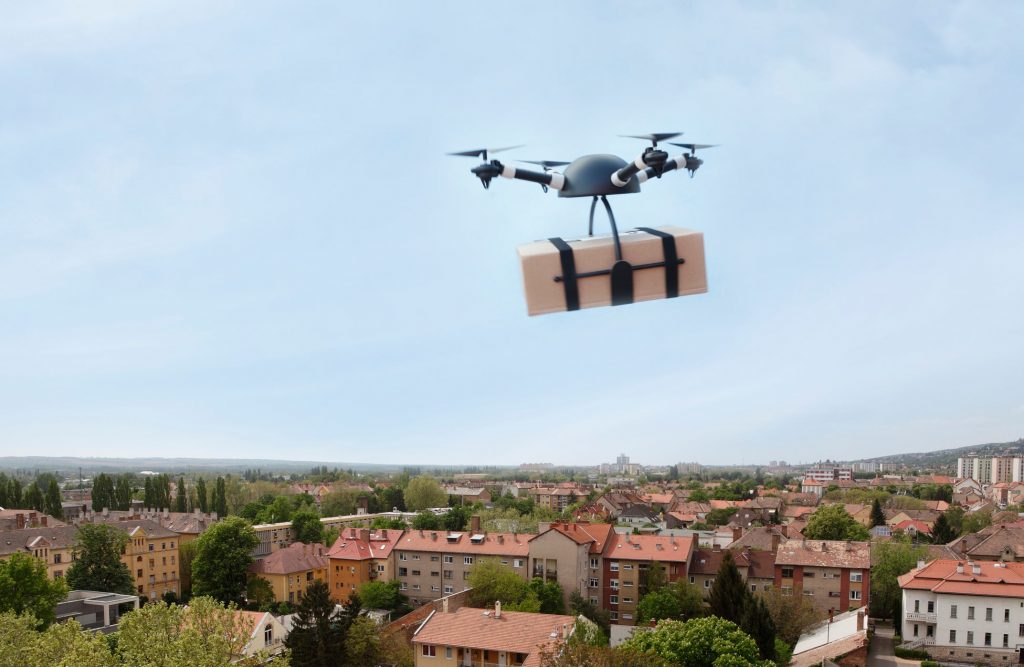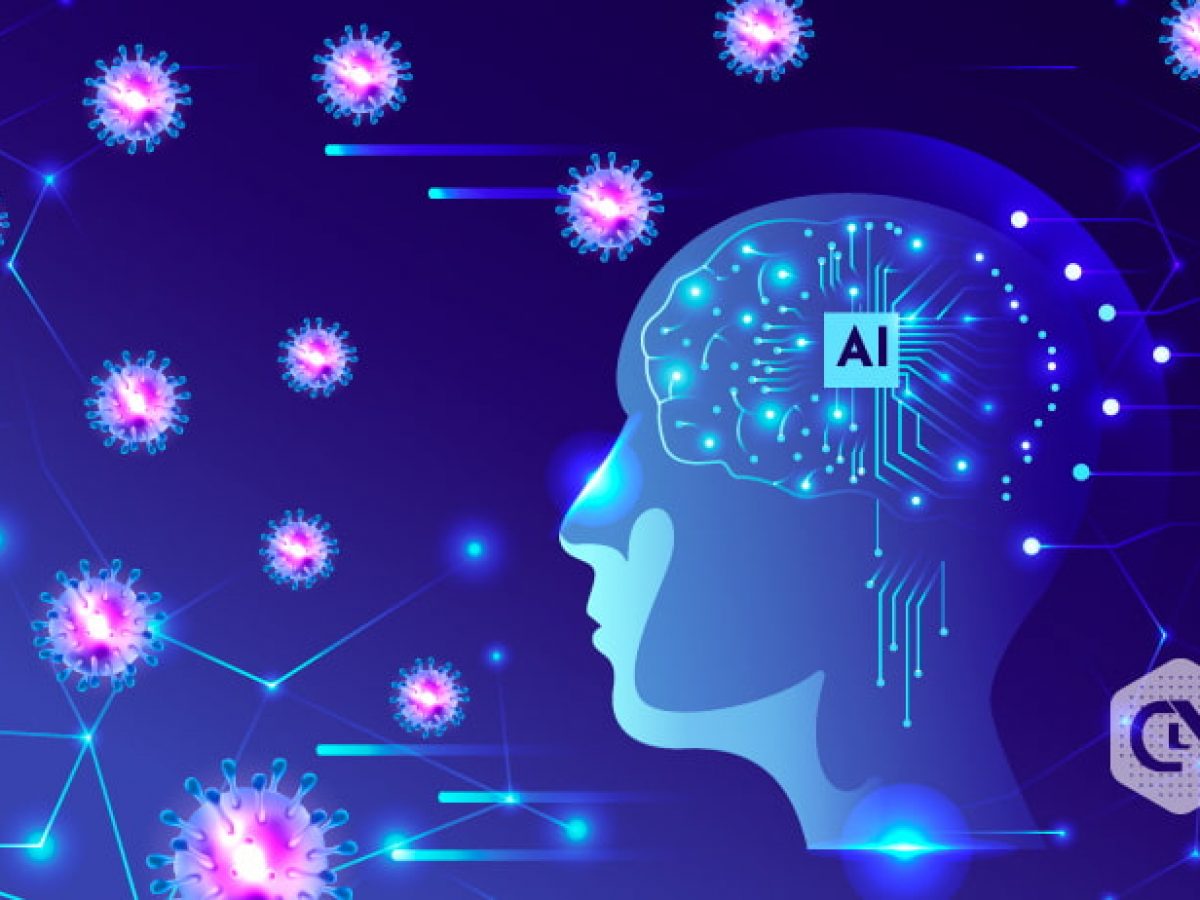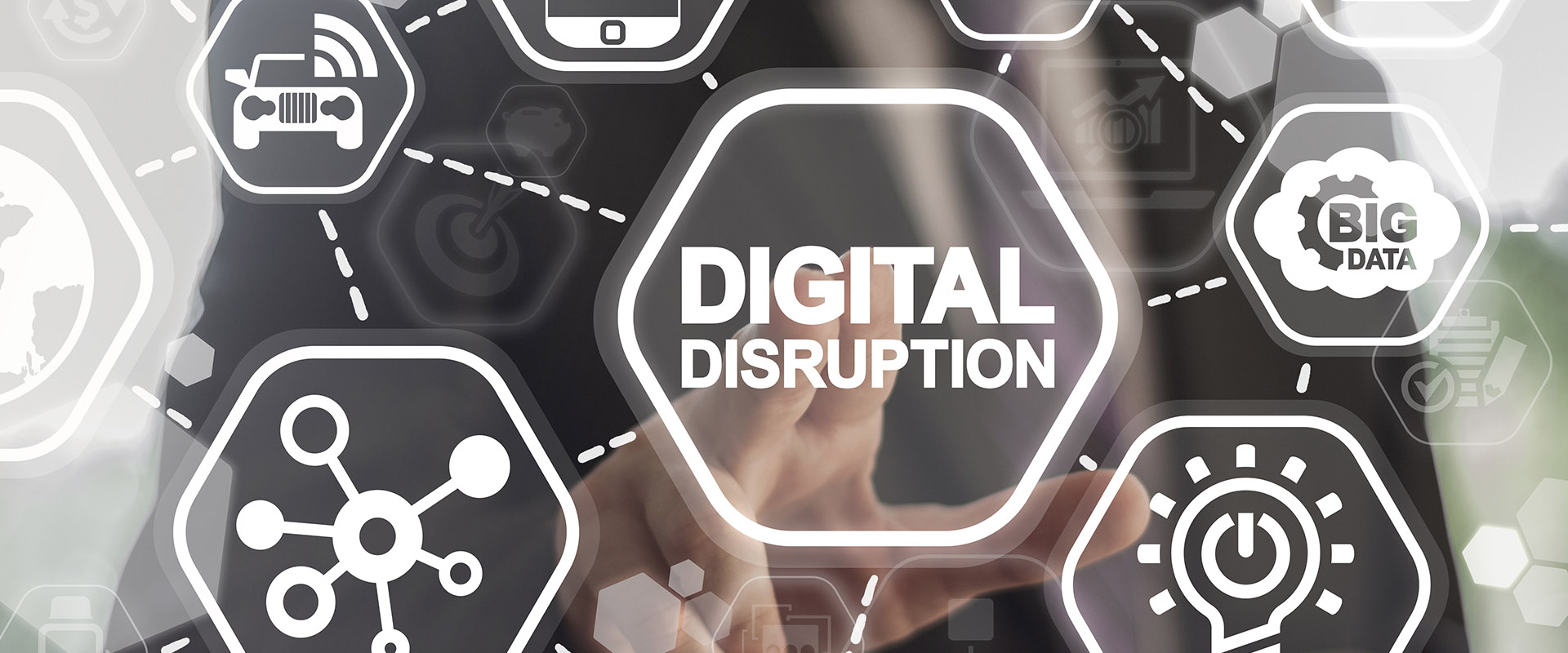The entire world is dealing with the COVID-19 pandemic, with a disconcerting variety of cases exceeding 2.2 million and deaths over 150,000. The circumstance requires nations to go on lockdown, federal governments to impose quarantines and take a trip restriction, companies to shutter, and so on. People have to restrict direct contact with others. In the context of lots of individuals being at high danger of infection, determines to prevent the spread of the virus triggering COVID-19 requires timely optimization. Such treatments connected to immigration evaluation, medical declaration, infection detection, or utilizing security and monitoring gadgets end up being more essential than ever before.
Nevertheless, conventional measures are no longer suitable due to limitation policies and the absence of human resources. Furthermore, the number of people that need monitoring health status is speeding up. In order to boost those procedures, law enforcement firms have leveraged the achievements of computer technology. Expert systems and comparable technologies can carry out intelligent and creative functions of a human in preeminent methods.
It is notable that not just the police system however other companies likewise turn to AI to challenge COVID-19. For example, such technologies can process a lot of information to predict the spread of the pandemic, map out and identify infected cells or power robotics that take the place of humans in medical facilities and isolated areas.
How Countries Usage AI Innovation to Battle COVID-19
The coronavirus causing COVID-19 first appeared in Wuhan, the capital of Hubei province in central China. Considering that then, local authorities have taken specific steps to grasp the situation. They strictly control immigration and monitor presumed cases. For example, the Chinese Police utilize video cameras with facial recognition innovation to timely spot and see quarantined cases. There are many individuals that traveled to COVID-19-affected locations or had close contact with believed and validated cases.
Some countries have relied on utilizing drones to restrict the infection. In Kazakhstan, the Nur-Sultan Cops Department patrols and monitors prohibited movement throughout national borders by drones to slow the spread of coronavirus. In China, Spain, and France, drones assist regional authorities to patrol streets, parks, riverbanks, and broadcast orders in order to guarantee that they comply with authoritative restriction commands. Another AI application is the tracker wristband, which is used in Hong Kong to help geofence people. At the airport, each arrival gets a wristband with a specific QR code. Then they have to get a mobile app “StayHomeSafe” and link the provided wristband with the app by scanning their QR code.
Technical devices utilized to detect elevated body heat are also released to limit viral transmission. In the United States, Athena Security, an advanced AI security electronic camera startup, specifies that they have deployed “coronavirus-detecting” cams. Their AI thermal video cameras are able to spot coronavirus in individuals as well as send immediate signals. Dermalog has developed a thermal video camera using biometric fever screening to quickly and accurately measure body temperature. Dermalog is the biggest biometric company based in Germany. Biometric screening systems are also available in airports to include the infection.

Avoiding The Abuse of High Technology
Thanks to the expert system and other similar technologies, the variety of cases, to some degree, are under control. Such technologies, without a doubt, will take an essential part in challenging COVID-19 in the inbound days throughout the outbreak.
Nevertheless, there occurs an issue associated with human rights. Since authorities can keep a tab on their citizens through AI gadgets, human personal privacy and flexibility might be seriously affected unless they utilize technologies with caution.
On March 19, 2020, The Workplace of the High Commissioner for Person Rights (UN Human being Rights) released a joint statement “COVID-19: Federal governments must promote and safeguard access to and free flow of information throughout pandemic –– Worldwide experts”. They specified that, besides supplying sincere and accessible sources of important details, federal governments should make sure that those tools are “restricted in use, both in terms of purpose and time”. Human personal privacy rights, non-discrimination, the defense of journalistic sources, and other freedoms must be “rigorously safeguarded”. Additionally, authorities must protect every client’s individual data as well.
Securing Human Being Rights While Availing Technologies
What should firms do? How to keep using AI innovations to confront global pandemic while safeguarding human personal privacy rights and flexibility?
Federal governments around the globe are making the most of security tools at their disposal to help repulse the spread of COVID-19. Federal governments either gather anonymized information to thoroughly examine the movement of people or provide in-depth data about individuals’ locations. Most data gatherings are through mobile phones. To better protect the right to personal privacy while tracking citizens, some countries have relied on anonymized data aggregation.
However, gathered individual data, despite being anonymized or detailed, are in danger of being misused for other functions. It is necessary that federal governments guarantee those data serve the function of medical functions only.
As COVID-19 becomes a risk to the entire world, nations ought to team up with others. Private actions are not enough to combat the pandemic, according to Antonio Guterres, the ninth Secretary-General of the United Nations. This declaration is likewise real for police. Simply put, companies must share their AI technologies in addition to important information for common medical functions.
This is the very first time in human history AI technologies can assist authorities to track each and every single person round the clock. But howsoever extreme the storm is, it will ultimately pass. When the pandemic totally ends, firms must change their security capabilities to safeguard their residents.
We should always understand the duality of high innovation in general and artificial intelligence in specific, then utilize it for legitimate functions.
















